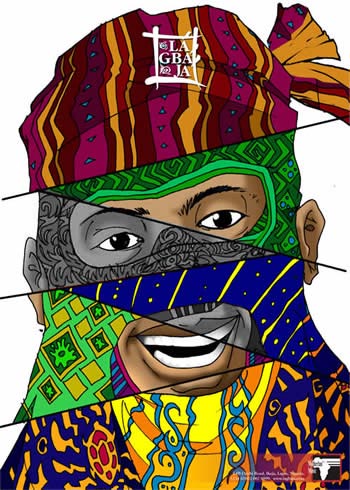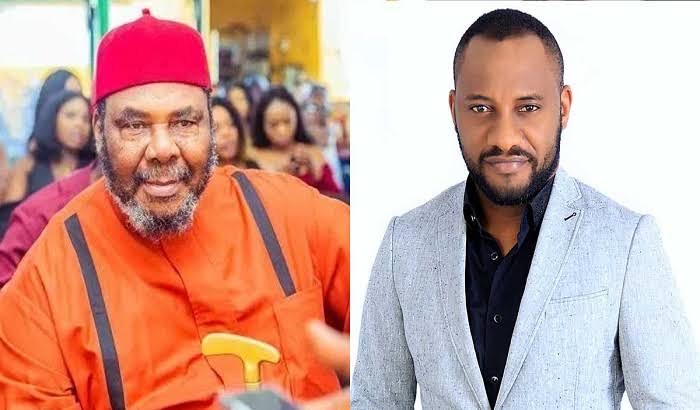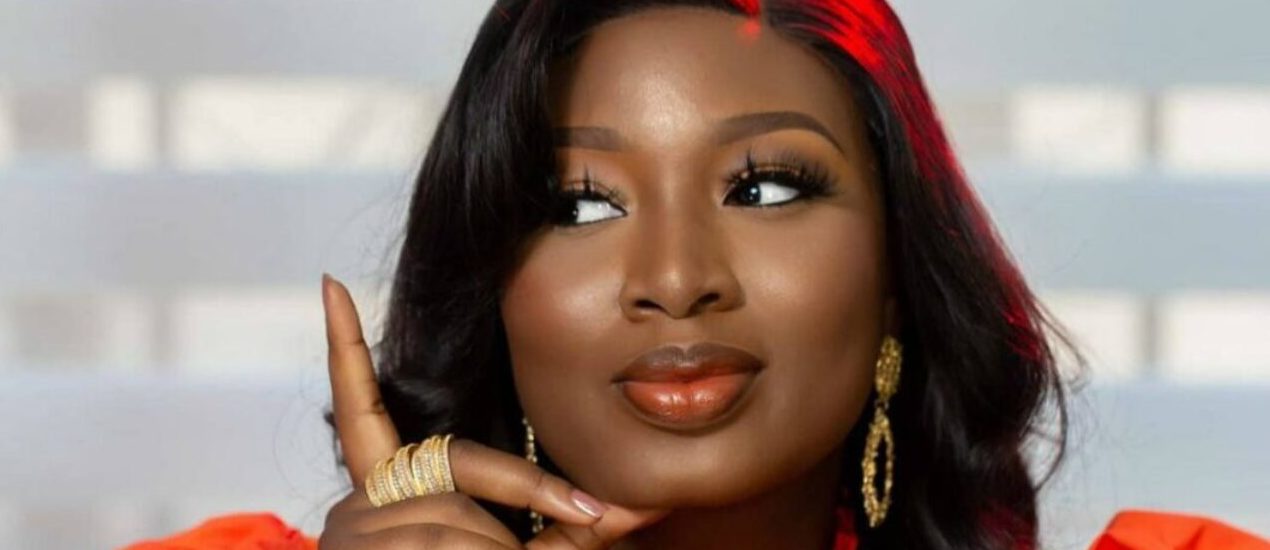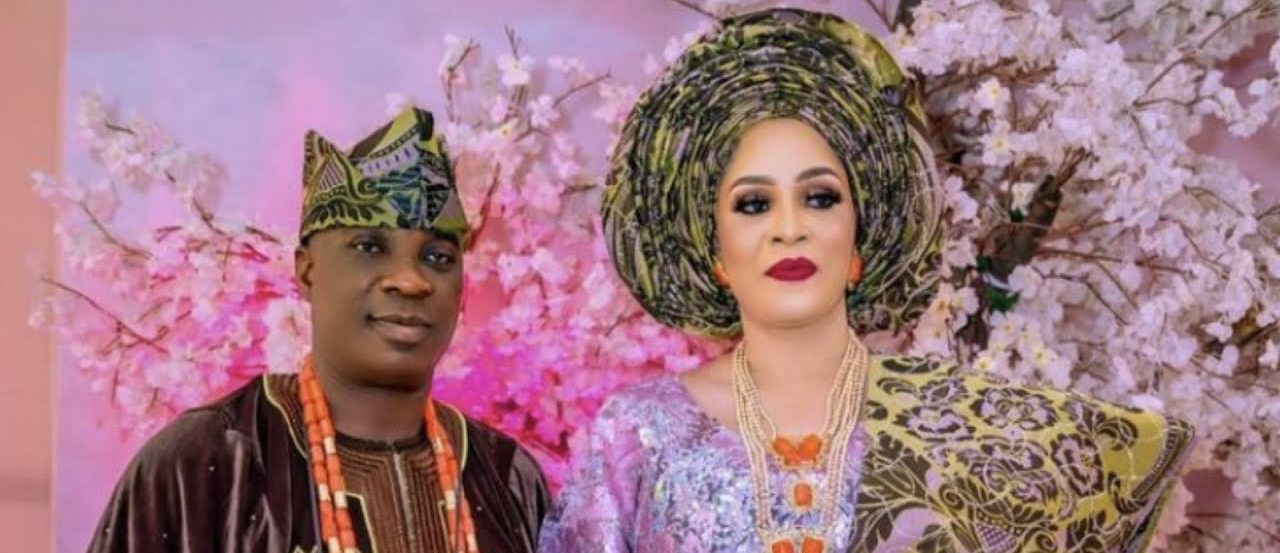A whole lot of interesting stuff regarding the incubation of Nigerian music and legends of the arts have popped up, and the debates has been fascinating and engaging. It is no baby talk. It is real and serious. Comb Razor who had blogged for quite some few years now, and who I did exchange correspondence from time to time on music of our era – the 70s and 80s – is now on a documentary spree, and the characters involved is really amazing.
The 70s, however, and unquestionably were the golden age when indigenous African music exploded universally. The local ensembles all around the continent and parts of the Caribbean enclaves took their crafts to UK and other parts of Europe with the coinage of musical categories.
From South Africa, Dudu Pukwana ran from a persecuting regime and landed in london, bringing along with him members of the Blue Notes who kept the Mbaquanga, Township music flavor afloat. With trumpeter Mongezi Feza and drummer Louis Moholo, Vertigo Records signed a newly formed Assagai.
From Ghana, Teddy Osei, Mac Tontoh, and Sol “Rhythm Man” Amarfio joined hands with their Caribbean colleagues – Wendell Richardson (Antigua), Spartacus R (Grenada)- in what would be coined Afro rock and the birth of Osibisa with a horn-driven Afrocentric funk.
And from Nigeria, many played the London gigs; and starting from the Eastside bands, Funkees, comprising of Harry “Mosco” Agada, Jake Solo and Sonny Akpan, took the bold step of relocating to London for more enhanced studio rehearsals, recordings, gigs and jam sessions.
And as that kind of popular culture became the trend, Ozo trooped in. I first heard the Ozo group, while a teenager and hanging out with my buddies when the humming sound of the single “Anambra” echoed from the DJ’s box, and what I usually do in such occasions having a feel for a music I haven’t heard yet, is ask who the artist(s) is/are, before a trip to the record shop for purchase.
Ozo had been rare among vintage Nigerian music from the 70s Afro Rock until lately when You Tubers began putting the acts on display. Save for “Listen to the Buddha,” I haven’t seen any live performances yet.
And as time passed by with the collection of music in our era – the age of crossroads and uncertainties – coupled with evolved music over time and technology, we tend to preserve the archives by keeping up to date the classics by way of music scholarship.
And growing up with the 70s Funkees, Apostles, Matata, Hugh Masekela, Osibisa, Afro Funk, Tee Mac, Thomas Mapfumo’s Halleluja Chicken Run Band, Baba himself – I mean the Chief Priest Fela Kuti who coined Afro Beat; and many other casts of fine musicians at the time, and after much debates by commentators, musicologists and bloggers, Ozo seemed to have been off the radar.
On November 8, 2007, I had blogged “The Search For Ozo & The Rest” after my chit-chat with Mike Egi who had compiled a collection of old-school jams, “Flashback I & II”.
Commentaries followed the blog post and still pouring in as I write. And as the comments swooped in, big time 60s/70s guitarist, Dele Olaseinde, who had been part of the 60s Clusters and early 70s sessiom man for Ofo The Black Company helping produce “Allah Wakbarr,” propped founder Larry Ifedioranma as a great composer and musician. Olaseinde talked about his studio recordings with Ozo. “I was in Ozo in the early 1980s. We recorded many of the tracks at Utopia Studios in Belsize Park and Rak Studios in Charlbert Street with Ray Shell (later of Starlight Express fame) and John Mizzarolli. I probably still have many of the albums and 12″ records plus a lot of rough takes on cassette,” Olaseinde wrote on my blog, April 16, 2009.
“Very, very interesting to what you are revealing. Can you please shed more light because Ozo was one of my favorite groups back in the day. What happened to Keni St. George?” I responded.
“I haven’t seen Keni in over 25 years. I did some session work for Ozo and a couple of other of Keni’s bands. We even made a video for two tracks “Anambra River” and another track called “Skintight.” I still have the VHS tape – not much to look at these days. I was really shocked to learn that J.J. Belle had passed away in 2004 – he was such a fine guitarist,” wrote Olaseinde.
And telling Olaseinde “I do not know of anyone that knows the whereabout of Keni,” Olaseinde responded: “Ambrose, this is a great idea and it is good to see younger people like yourself interested in Afro rock music of the early seventies, and helping to keep the music alive. There are many stories you will find quite interesting and I still play some of the songs on my guitar at home and marvel at the chord sequences and song structures. I currently work in the arts and creative industries development and I have a band called the River Niger Orchestra.”
Many wondered about the whereabouts of Keni St. George. Academy Records founder, Mike Davis, had this to say about Keni: “I too have been looking for Keni St. George, as I would like to licence an Ozo song for a compilation I’m producing. If anyone could put me in touch please let me know.”
On January 1, 2010, one Hannah made an anonymous post on my blog: “Hi guys, Keni St. George is my father. I’m his daughter Hannah. My family haven’t seen Keni for around 14 years now but we have lots of his records including “Listen to the Buddha.” If you leave me your email details I will see what I can do in terms of getting copies. I will check this site soon for any replies.”
I left my email address, and some others left theirs, too, with links. I never heard from Hannah again, and do not know of any that heard from her. I ignored the post thinking of it to have been a handle. As it happened, Hannah was not a handle. Hannah is Keni St. George’s daughter.
As my quest to locate Keni continued, I bumped into the daughter of one of Keni’s bandmates. She is Chantelle Tracy Cummings, daughter of Vernon Cummings, one of the founders of the group, Ozo. Through Chantelle, Vernon popped up, and thus begun our e-conversation:
Me: I heard you played in the group, Ozo, in the 1970s. I would like to have a brief moment with you, if you don’t mind.
Vernon Cummings: You are asking about Ozo. I was one of the founding members of Ozo until 1978. What do you want to know about Ozo?
Me: I want to know who and who made up the group and how it was formed in the 1970s, I believe. I am curious about Keni St. George whom I believe was your buddy when you wrote “Anambra.” Have you seen Keni ever since? I blogged a post on Ozo in 2007 and every reader of that post wanted to know more.
Vernon Cummings: Ambrose, yes, Keni and I were buddies long before Ozo. We had a group called Danta, at the same time there was a group called Osibisa who were our rivals. We signed to CBS-Epic label. We had a few singles released, not long after the band broke up. Keni went off to work on a ship. He came back after about a year and we got together with the guys from Danta to form Ozo. Keni wrote “Listen to the Buddha” and with the help of a manager who Keni knew, we got a deal with DJM Records. “Listen to the Buddha” was released in 1976, followed by the album of the same name. To our surprise, the single was a hit in the States. It went on at No. 90, I think, on the Billboard top 100. We went on to tour Britain. Sorry, we didn’t get to tour America. The good thing about the album is the track I wrote was a big hit among the clubs in New York. The track is called “Anambra” and up to today there are so many comments about that song. All the arrangements and most of the drums was done by me. When Ozo broke up, Keni reformed Ozo with some new members and re-released versions of Anambra which was released in Europe and I think Africa. He did send copies. That was about 10 years ago. Never heard from him again. He has disappeared, unless you know where he is. If you do, let me know…One love!
Me: Vernon, you mean you never had any contact with him for the last 10 years? There’s one Hannah who claims to be Keni’s daughter and that they haven’t seen Keni for 14 years now. Are you aware of his daughter or any of his children?
Vernon Cummings: Ambrose, yes, I know of his daughters and their mother, Sue. Do you know how I can get in touch with Hannah? She would know me as Chubby, that’s the name I was known as in the business.
Me: Ozo was a well known group in Nigeria, especially with the release of “Listen to the Buddha.” Was the group also known in your native land of Guyana?
Vernon Cummings: Ozo was not known in Guyana as far as I remember. I didn’t know we were so popular in Nigeria. After the release of the second album “Museum of Mankind,” the band toured the UK during 1977. The single “Museum of Mankind” was not a hit. The record company began to lose interest upon a rubbished mangement. The managers didn’t know how to manage a band and wouldn’t listen to us. So at the end the band broke up.
Me: When Ozo broke up and Keni reformed Ozo, did you have any relationship with the new members in terms of session time and doing gigs together?
Vernon Cummings: I moved from London to the country and started a new life supporting my family. Keni reformed Ozo with new members and re-released the the albums with some new materials and the single Anambra in a different version. He sent me copies. As far as the members of the new Ozo, I didn’t know any of them, but they sounded good. One love!
Me: Besides Osibisa you said were your rivals, there were other bands, too, that played gigs within the London metropolis. There was Matata from Kenya in which your fellow Guyanaian, tenor saxophonist, Colin Dyall was a member. There was also South African Dudu Pukwana-led Assagai. Did you get to meet them? How about Colin Dyall, ever met him?
Vernon Cummings: Ambrose, I knew these bands that was around at the time, but I regret that I didn’t get to meet any members of those bands.
The search for Keni St. George and Ozo continues!



















